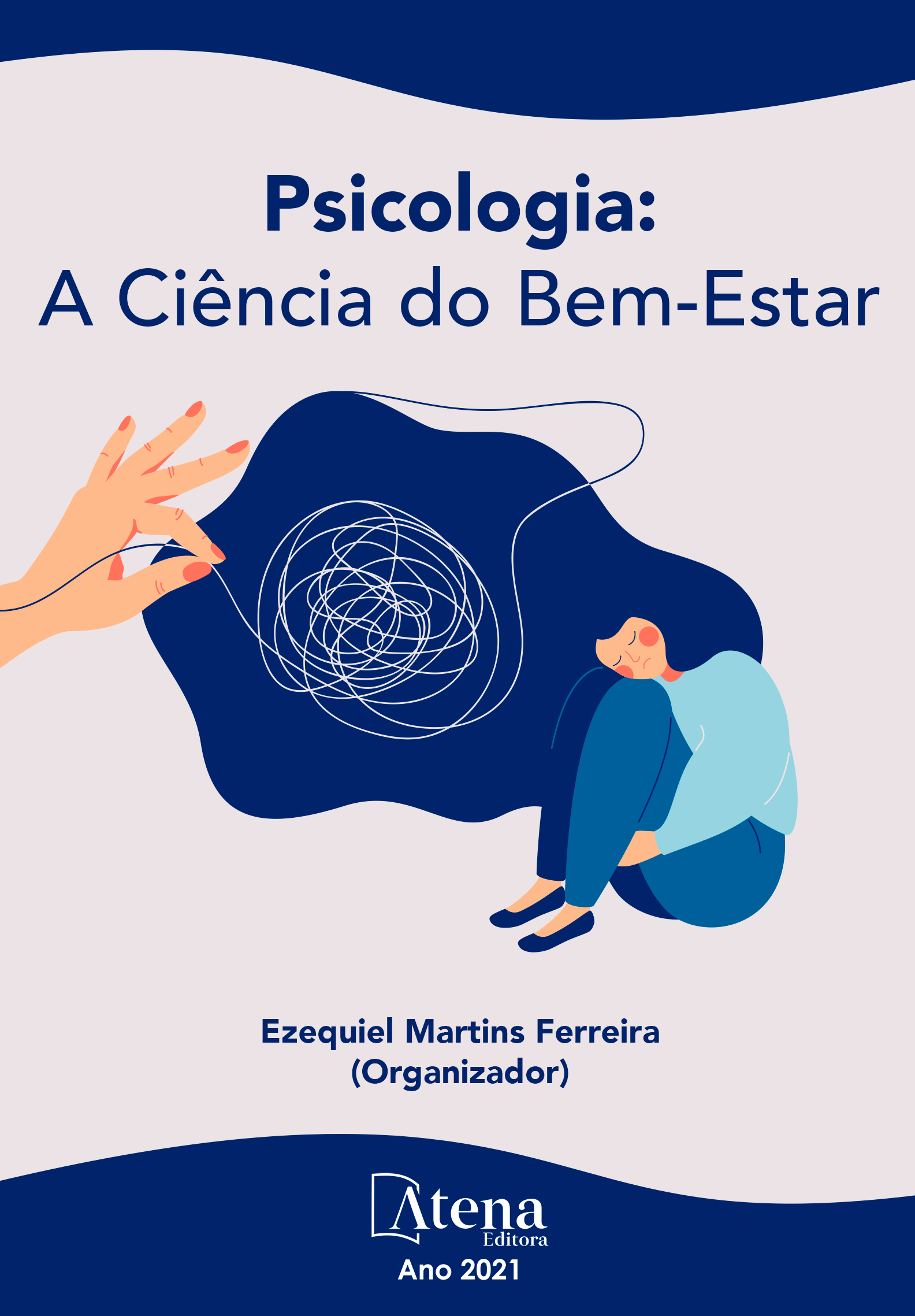
DO COLÓQUIO RELACIONAL E O GENOGRAMA: INSTRUMENTOS PARA UMA ENTREVISTA CLÍNICA
São apresentados e explorados os elementos mais significativos do uso do genograma e do colóquio relacional durante a entrevista clínica e sua utilização na observação e no trabalho terapêutico por meio da abordagem relacional-sistêmico. É fornecida uma chave de leitura para poder decifrar os processos afetivos do ciclo vital "individual" e termina-se a discussão para compreender os processos de pertencimento e separação. Além de fornecer elementos de discussão sobre os processos de formação - também de especialização - que conferem maiores competências e, sem dúvida, sólidas ideias norteadoras para transformar a entrevista clínica em um processo terapêutico de mudança. Integrar recursos eficazes de intervenção, observação, escuta, personalidade, autenticidade; demonstrar atividades complementares que também permitam, na graduação, compreender as implicações pessoais que o trabalho terapêutico acarreta - e que não se trata de introduzir intervenções reparadoras em um tempo limitado - propondo processos efetivos de reflexão e crescimento, tanto profissional quanto pessoal.
DO COLÓQUIO RELACIONAL E O GENOGRAMA: INSTRUMENTOS PARA UMA ENTREVISTA CLÍNICA
-
DOI: 10.22533/at.ed.60421280121
-
Palavras-chave: Colóquio relacional, Genograma, Entrevista clínica, Observação, Modelo relacional-sistêmico
-
Keywords: Relational colloquium, Genogram, Clinical interview, Observation, Relational-systemic model
-
Abstract:
The most significant elements of the use of the genogram and the relational conversation during the clinical interview and its use in observation and therapeutic work through the relational-systemic approach are presented and explored. A reading key is provided to be able to decipher the affective processes of the "individual" life cycle and the discussion ends to understand the processes of belonging and separation. In addition to providing elements of discussion about the processes of training - also of specialization - that confer greater competencies and, undoubtedly, solid guiding ideas to transform the clinical interview into a therapeutic process of change. Integrate effective resources for intervention, observation, listening, personality, authenticity; demonstrate complementary activities that also allow, at graduation, to understand the personal implications that therapeutic work entails - and that it is not a matter of introducing restorative interventions in a limited time - proposing effective processes of reflection and growth, both professional and personal.
-
Número de páginas: 15
- Emilio Ricci


